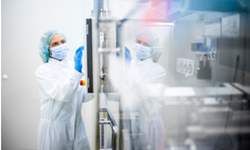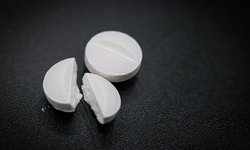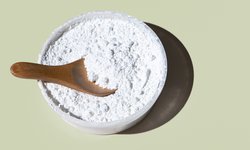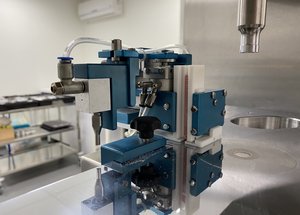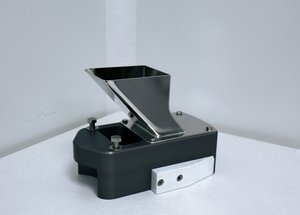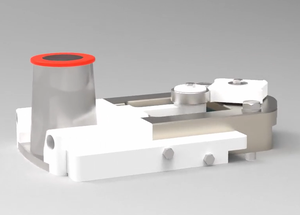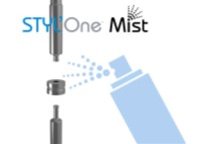Improving active pharmaceutical ingredient formulation by hot melt extrusion
This poster, presented at the PBP World Meeting 2024 in Vienna, explores the integration of AI and big data in pharmaceutical research, revolutionizing drug discovery. Despite advancements, challenges arise due to the low solubility and bioavailability of new APIs, with about 90% falling into BCS classes II and IV. Amorphous Solid Dispersions (ASD) improve solubility and bioavailability, reducing dosages and side effects, thus enhancing patient compliance.
Hot Melt Extrusion (HME) is highlighted as a solvent-free, efficient process for manufacturing pharmaceuticals, enhancing safety, stability, and reducing API dosing while enabling diverse pharmaceutical forms. Key HME parameters ensure product quality, and the system's compact design minimizes costs and contamination risks.
The poster details a collaborative project developing a child-friendly ASD formulation for malaria, targeting Lumefantrine's (LUM) low bioavailability. The formulation demonstrated significantly higher drug release compared to commercial products, potentially improving treatment efficacy and reducing recurrence.
Another project focuses on developing an aspirin ASD for oncology applications, addressing the adverse effects of daily aspirin use. The HME-produced pellets show promising long-term stability, with PDF analysis providing insights into the API-polymer interactions and enhanced solubility.
Overall, the poster underscores the potential of advanced formulation techniques and manufacturing processes in overcoming pharmaceutical challenges, improving drug efficacy, and promoting personalized medicine.
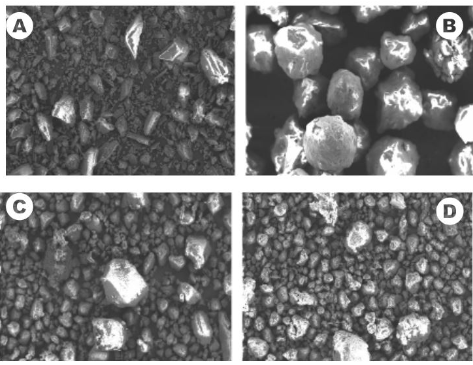
Comments
No comments posted yet.


